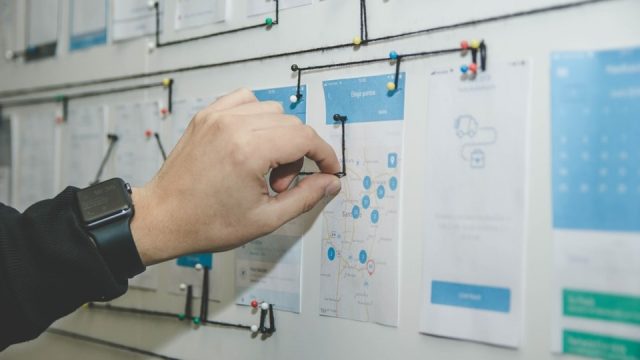
the problem with confidence
Overconfidence is the systematic bias in which individuals tend to overestimate their own ability. Consumers and marketers alike consistently predict their own behaviour to be above average – which mathematically cannot be accurate. This point is highlighted in Richard Shotton’s Choice Factory.
For researchers, this poses a problem. If this bias is ever-present and widespread, when is it affecting the way people respond to our studies? And is there a way we can circumvent that?
With the recent World Cup taking place and English optimism about winning at an all-time high, it seemed appropriate to obtain a current day measure on the matter.
what did we do?
As the World Cup left the group stages and entered the last 16, we asked two cells of n=100 British people with an equal interest in football the following questions:
to cell 1 we asked:
Who do you think will win the 2018 World Cup in Russia?”
to cell two we asked:
“We asked 100 people: “Who do you think will win the 2018 World Cup in Russia?” What do you think the most popular answer was?
While this was just a minor alteration in question wording, could it really generate different results?
what did this tell us?
As hypothesised over confidence took hold in Cell 1. England were named as the clear favourites to win the World Cup.
In Cell 2 where we asked people to predict the actions of others Brazil was the most popular winner. At the time of the survey, Brazil was the odds-on favourite so the second stream had predicted in line with sports-betting odds, the most accurate measure of predicted performance at the time.
While football results remain incredibly difficult to predict, our rephrasing of the question allowed us to get a less biased measure of the nature of tournament at the time. Brazil were widely agreed to be more likely to win the World Cup and the overconfidence of the sample of was circumvented by asking for the thoughts of others vs. the individual.
what does this mean?
The role of overconfidence shows that often individuals will be overly optimistic when predicting the fortunes of events or behaviours they have an invested interest in. For example, in automotive research it is routine to ask what is likely to be an individual’s next vehicle purchase. Overconfidence might cause people to overestimate their future earnings and disposable income and return a response that represents overconfidence more vs. future reality.
However, this overconfidence bias can be negated simply by asking the question in a slightly different way, for example: What car do you think the average person with your needs will buy in 5 years?
It’s clear that when phrasing questions, we need to remember that small wording changes can nudge behaviour in significant ways – this after all is the premise of ‘nudge theory’, and significantly affects results.
It also gives us a lesson in the value of thinking small. To innovate how we ask questions we don’t always need to reinvent the wheel. Incremental changes to wording can provide a new perspective and tell a different story.
By Tim Werger, Research Executive
if you would like further information, please get in touch via:
twerger@northstarpresents-volvo.com




